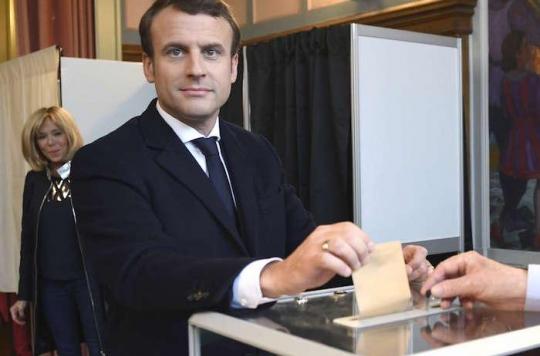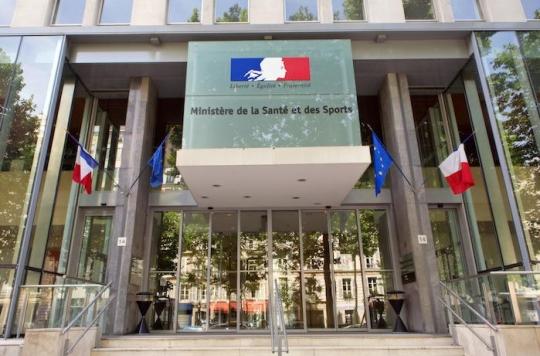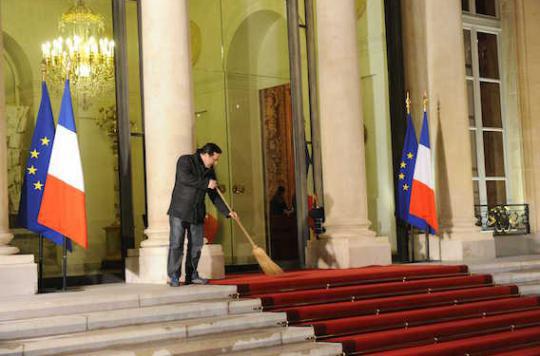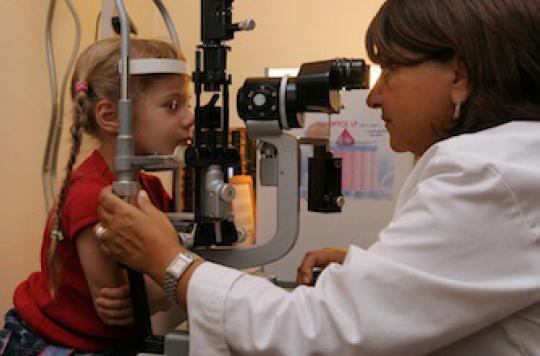The 7 candidates for the primary from the right and from the center answer the questions of Pourquoidocteur. The former Minister of Agriculture, Bruno Le Maire, continues the series.
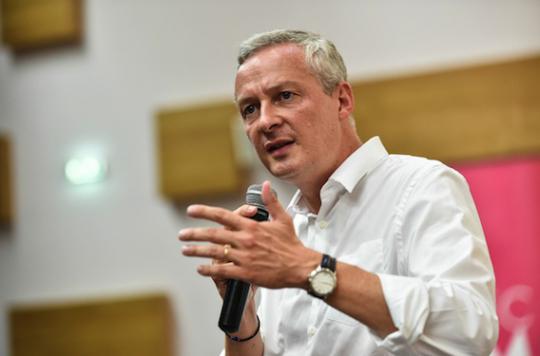
While the right and center primary for the presidential election will take place on November 20 and 27, the time for the first of three television debates is fast approaching. With a river duration of 2h30, it will take place on October 13 on TF1, RTL, Public Senate and LCI. It will see the seven competitors compete against each other on the themes of unemployment and security. And what about health?
In a recent poll, 69% of French people make this theme a major element of the campaign. And almost the same proportion of those questioned considers that the positions of the candidates on health policy will be decisive in their choice.
To meet the expectations of future voters, the drafting of Why actor interviewed all candidates by asking them the same questions.
The second to lend himself to the exercise is Bruno Le Maire. Whoever presents himself as the candidate of modernity wants to play the spoilsport in the duel announced between Alain Juppé and Nicolas Sarkozy. Hospital crisis, addiction treatment, medical deserts, he answers all our questions.
The community will no longer be able to cover the cost of innovative drugs. Should we devote a specific budget to the support of these therapies, and how to finance it?
Bruno the Mayor : It is obvious that if we do not deeply change our system, we are going directly towards this disastrous situation. This is the reason why I made health the heart of my presidential contract: we must find all possible sources of savings and tirelessly chase waste, initiate courageous reforms by giving autonomy to hospitals, make patients responsible for their drug consumption, their transport requests, their use of emergency services, empower health professionals in the fight against redundant procedures, accelerate the development of outpatient care.
Considering the amounts involved, it is quite possible to free up financial leeway to support innovation. We must seek all the savings to save the essential. In addition, I will develop new relationships with drug manufacturers, in order to fundamentally change the method of funding drugs towards greater consideration of the therapeutic efficacy obtained.
 |
Medication
|
The complementary health insurance is committed to an insurance model à la carte. Should we financially encourage policyholders who have a healthy lifestyle (diet, physical activity, etc.) and / or penalize those who take risks (alcohol, tobacco, etc.)?
Bruno the Mayor : I am making a very clear choice: that of refusing the privatization of our health insurance system and of not giving mutual funds and complementary insurance a greater place in our financing system. Indeed, I wish to preserve our system’s solidarity essence. I even go further, by proposing that the Health Insurance better reimburse basic dental care as well as glasses. In France, in the 21st century, everyone must have access to this basic care.
In matters of health, no selection by money should take place. Regarding the emergence of an à la carte insurance model, I am not in favor of this approach because it carries with it dangerous drifts where the weakest will find themselves penalized. I prefer an increased prevention policy in order to change behavior from an early age. In this area, I will set three priorities for the prevention policy: suicide, the fight against obesity and junk food and the fight against addictions.
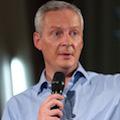 |
Supported
|
The hospital must simultaneously reconcile medical excellence with its social missions. In view of the budgetary constraints, does activity-based pricing (T2A) appear to you to be suited to this dual requirement?
Bruno the Mayor : Our public and private hospital system is the pride of France. It is our responsibility to support its development and give it the means to adapt to new health challenges, the demographic challenge and the challenge of therapeutic revolutions. To do this, I want to offer them more flexibility and make their accountability an effective tool for their management. In terms of financing, it has become urgent to change the current system in order to get out of the inflationary logic on which it is based.
I propose a financing system more focused on the quality of care and based on the notion of the care path. I also want to define new rules for the financing of investments because the current rules are outdated and no longer allow our hospitals to prepare for the future. These are difficult but essential projects to guarantee health establishments a capacity to react and anticipate the needs of our fellow citizens.
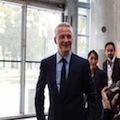 |
Hospital
|
One in four general practitioners will not be replaced by 2025. How do you plan to fight against medical deserts?
Bruno the Mayor : The issue of medical deserts is complex and, for the time being, all policies have failed. This is why I will change my approach by working on the roots of the problem, that of the training of doctors. We must change the current system by regionalizing it more but above all by developing internships in private practices and clinics. We must give young people the desire for liberal enterprise, support them in their training, encourage and support team exercise, group exercise.
For this, new methods of remuneration will have to be built in order to support this teamwork, under the responsibility of the doctor. I also want to give more flexibility in medical careers by allowing doctors to mix their modes of exercise, to participate in research, including in the city. Finally, I will make e-health a priority investment in order to give doctors the communication tools allowing them to share information and not be isolated. It is therefore a global plan that I will implement, thought out by and for young doctors.
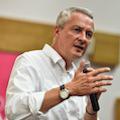 |
Medical deserts
|
In a manifesto, French doctors admitted having helped lesbian couples and single women to resort to assisted reproduction abroad. Can we continue to reserve it for heterosexual couples?
Bruno the Mayor : Yes.
Tomorrow find our interview with Alain Juppé
.









